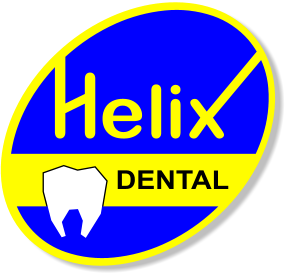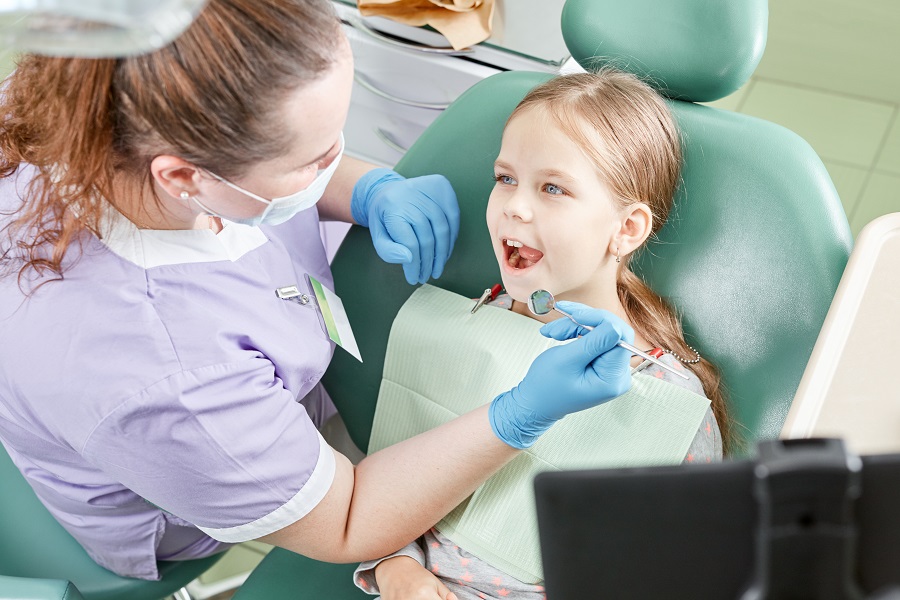
Tooth Extraction 101: What to Expect Before, During, and After
Tooth extraction can sound a bit intimidating, but it’s a common procedure that many people encounter at some point in their lives. Whether it's due to severe decay, overcrowding, or other dental issues, understanding what lies ahead can make the process much smoother. If you're facing tooth extraction in Florham Park, NJ, you might have questions about what to expect before you sit in the dentist's chair. From preparation tips to recovery essentials and everything in between, we’re here to guide you through this journey with confidence and clarity. Let's dive into the essential details of tooth extraction!
Understanding Tooth Extraction: Reasons and Types
Tooth extraction is often necessary for various reasons.
- One common cause is severe decay that compromises the tooth's structure, making it impossible to restore. In such cases, removing the affected tooth can prevent further complications.
- Another reason might be overcrowding in your mouth. If there isn’t enough space for teeth to grow properly, dentists may suggest extractions before orthodontic treatment.
- Wisdom teeth removal is also prevalent. These molars can become impacted and lead to pain or infection if not addressed promptly.
- In some instances, a tooth may need extraction due to advanced periodontal disease. This condition affects the supporting structures of teeth and can lead to mobility issues if untreated.
Understanding these types helps demystify the process and underscores its importance in maintaining overall oral health.
Preparing for the Procedure: What to Do Beforehand
Preparing for tooth extraction can feel daunting, but being informed helps ease anxiety. Start by discussing your medical history with your dentist in Florham Park, NJ. They need to know about any medications you’re taking or existing health conditions.
It’s also wise to arrange transportation if you’ll be sedated. Having someone drive you home means one less worry on the day of the procedure.
Follow any dietary instructions provided before surgery. Typically, fasting may be recommended for several hours prior. This ensures your stomach is empty and minimizes complications during sedation.
Don’t forget to pack essentials like a list of questions for your dentist and something comfortable to wear. Being prepared sets a positive tone for the entire experience, making it smoother from start to finish.
The Extraction Process: What Happens During a Tooth Extraction?
When you arrive for your tooth extraction, the dental team will guide you through the process. First, they’ll take a few minutes to review your medical history and discuss any concerns.
Next comes anesthesia. Depending on the complexity of your case, local or general anesthesia may be used to keep you comfortable and pain-free during the procedure.
Once you're numb, your dentist uses specialized tools to loosen the tooth from its socket. This can involve rocking it back and forth gently until it's ready to come out. If needed, sutures might be placed after removal to help with healing. The entire process usually takes less than an hour, but each patient’s experience can vary based on individual circumstances.
Afterward, you'll have some time to rest before heading home with post-extraction care instructions in hand. Contact us to learn more.
Recovery and Aftercare: Taking Care of Your Mouth Post-Extraction
After a tooth extraction, proper recovery and aftercare are crucial for healing. Start by biting down gently on the gauze provided to control any bleeding. Change the gauze every 30 minutes until the bleeding subsides.
In the days following your procedure, stick to soft foods like yogurt, applesauce, or mashed potatoes. Avoid crunchy or spicy items that could irritate your mouth. Staying hydrated is important, too; just steer clear of straws for at least a week.
Pain management often includes over-the-counter medications as recommended by your dentist. Ice packs can also help reduce swelling—apply them in intervals of 15 minutes on and off.
Keep an eye out for signs of infection such as increased pain or fever. If anything seems unusual, don’t hesitate to reach out to your dental professional for guidance.
Potential Complications and How to Avoid Them
Tooth extraction is generally safe, but complications can arise. Knowing what to watch for can ease your mind.
- One common issue is dry sockets. This painful condition occurs when the blood clot dislodges before healing begins. To minimize this risk, avoid sucking motions like using straws and refrain from smoking post-extraction.
- Infection is another concern. Bacteria can invade the extraction site, leading to swelling and pain. Following your dentist’s aftercare instructions closely will help keep the area clean and reduce this risk.
- Sometimes nerve damage may happen during an extraction procedure. While rare, it can cause numbness or tingling in the surrounding areas. Be sure to discuss any concerns with your dentist in Florham Park, NJ, beforehand so they’re aware of any specific risks related to your situation.
Listening to your body is crucial, too; report unusual symptoms promptly for proper management and care.
Alternatives to Tooth Extraction
Tooth extraction can seem daunting, but there are alternatives worth exploring.
- One common option is root canal therapy. This procedure aims to save a damaged tooth by removing the infected pulp and sealing it afterward.
- Another alternative includes dental crowns. If your tooth is cracked or weakened, a crown can provide strength and restore functionality without needing extraction.
- For those experiencing overcrowding, orthodontic treatment may be viable. Braces or aligners can shift teeth into better positions without removal.
- In some cases, treatments like gum disease management can also preserve teeth that might otherwise need extraction. Addressing underlying issues often makes all the difference in keeping your smile intact.
- Consulting with a local dentist familiar with tooth extraction in Florham Park, NJ, will help determine the best approach for your specific situation.
Conclusion
Tooth extraction is a common dental procedure that many people may face at some point in their lives. Understanding the reasons behind it, whether it's due to decay, crowding, or other issues, can help ease any anxiety you might feel about the process.
Preparation is key; ensuring you're well-informed and following your dentist's advice sets you up for a smoother experience. The extraction process itself may vary depending on the tooth's condition and location, but knowing what to expect can make it less intimidating.
Post-extraction care is crucial for recovery. Following your dentist’s instructions on aftercare will aid healing and minimize discomfort. Being aware of potential complications also helps in recognizing when to seek further assistance.
Remember that there are alternatives available if tooth extraction doesn’t seem like the best option for you. Options such as root canals or orthodontics might preserve your natural teeth while addressing underlying issues.
Whether you're facing an upcoming procedure or want general information on dental health practices related to tooth extraction in Florham Park, NJ, being prepared equips you with knowledge and confidence during this important phase of oral care. Always consult with your healthcare provider for personalized advice tailored to your unique situation.
To find out more about the dental services offered at Helix Dental, call (973)-377-8668 or schedule an online consultation. You can also visit us at 15 James Street, Florham Park, NJ, 07932.
Location
15 James St Suite 1,
Florham Park, NJ 07932
Office Hours
MON9:30 am - 5:30 pm
TUE - WED9:00 am - 6:30 pm
THUClosed
FRI9:00 am - 6:30 pm
SAT9:00 am - 2:00 pm
SUNClosed






comments